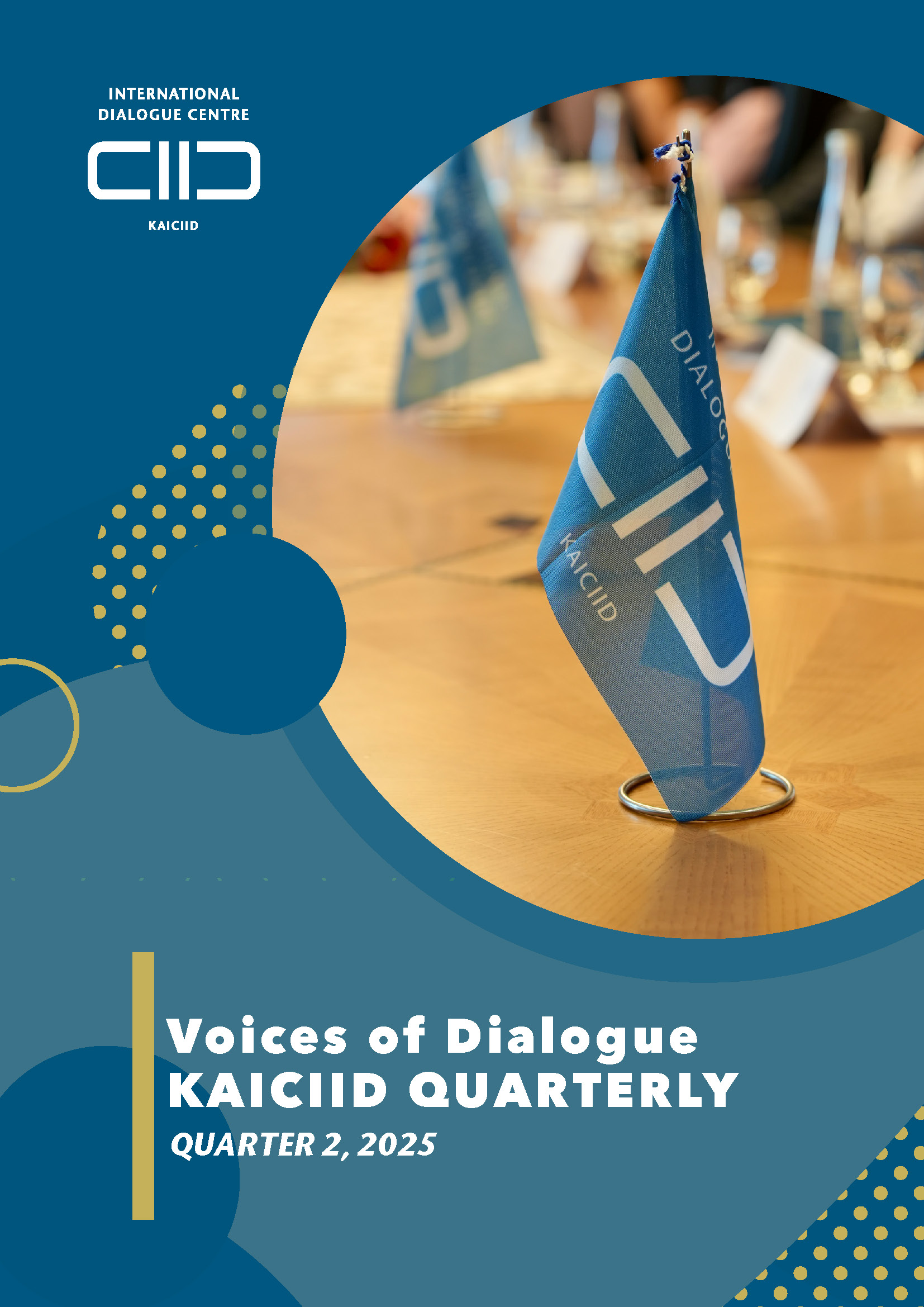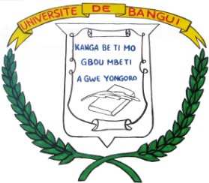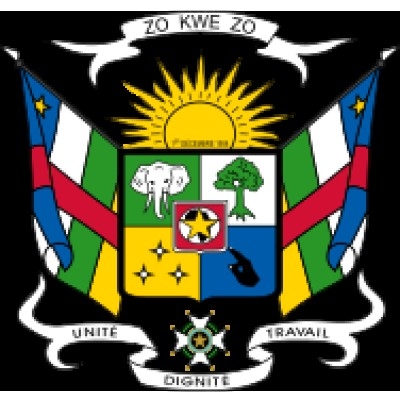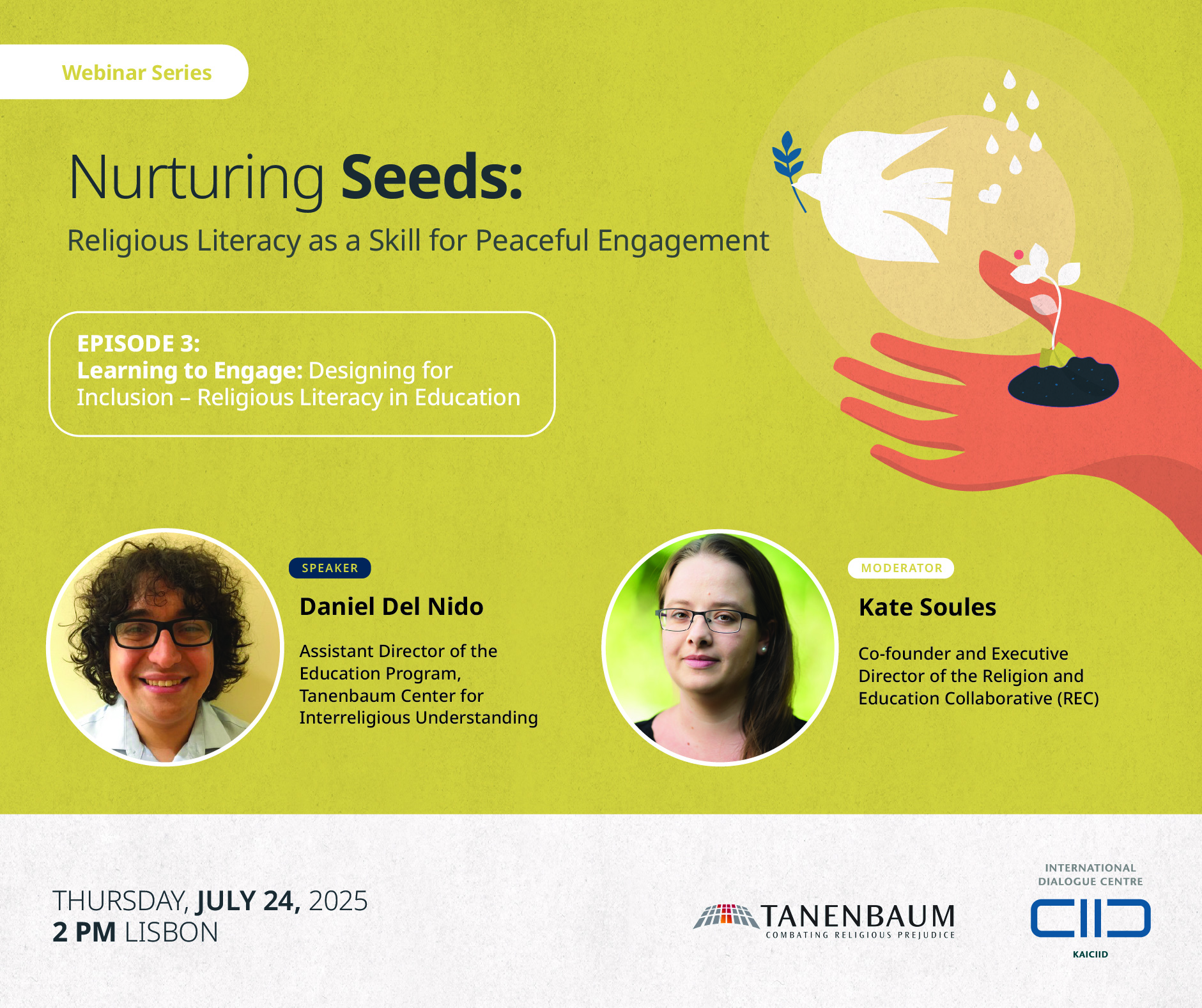How Local Religious Leaders Are Shaping Global Peacebuilding: Reflections from the 2025 Kofi Annan Faith Briefings
As the world grapples with escalating conflicts, deepening inequalities, and a rapidly closing window to meet the 2030 Sustainable Development Goals (SDGs), a powerful but often overlooked force is stepping into the spotlight, religious leaders and local voices. At the 2025 Kofi Annan Faith Briefings, faith actors from across the globe demonstrated how their grassroots peacebuilding efforts are quietly but effectively shaping a more inclusive and just world.
KAICIID Fellows Lead Discussion on Religion, Diplomacy and Multitrack Peacebuilding in the Balkans
More than a dozen KAICIID Fellows, Network for Dialogue and other KAICIID network members from across Europe gathered in Vienna for the European Academy of Religion (#EuARe2025)
Reimagining Peace from the Ground Up: KAICIID and ICAN Empower Women and Faith Leaders to Lead Change
Peacebuilding today requires more than technical solutions; it demands inclusive, values-driven collaboration that reflects the lived realities of local communities. Recognising this, the International Dialogue Centre - KAICIID and the International Civil Society Action Network (ICAN) have come together to strengthen dialogue and cooperation between two often overlooked groups in peace processes: women peacebuilders and religious leaders.
University of Bangui
The University of Bangui is the main public University of Central African Republic. KAICIID is cooperating with the University on the inclusion of a module on Interreligious Dialogue within the Curriculum of the Master on Conflict Resolution.
École Normale Superieure (ENS)
The École Normale Supérieure (ENS) of the Central African Republic is the high-level state structure responsible for training future middle and high school teachers in all sectors. Since 2022, KAICIID has been strengthening the capacities of educators responsible for training teachers in interreligious and intercultural dialogue, with a view to instilling dialogue methodology, techniques and tools in future citizens of the Central African Republic.
Ministère de l’Action Humanitaire et de la Réconciliation Nationale de la République Centrafricaine
The Ministry [of Humanitarian Action and National Reconciliation of the Central African Republic] has the mission, within the framework of the general policy defined by the Government, to develop and implement the policies, programmes and strategies in humanitarian and reconciliation matters, such as the establishment of Local Peace and Reconciliation committees (LPCRs) mandated in the country's peace agreement. KAICIID is a key partner in the formation and capacitation of LPCRs with the aim of ensuring the proper inclusion of religious leaders and the use of transformational dialogue methodologies in their engagements.





